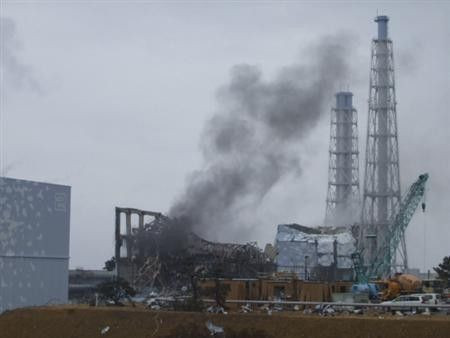Far from dying, nuclear power sector is thriving despite safety concerns

There are many people who think the Fukushima nuclear crisis has signaled the demise of the nuclear power industry, or at least that it will soon run into a ditch.
But certain facts speak otherwise. Rising scepticism about the industry's future, especially in Europe, notwithstanding, the nuclear power sector is more likely to thrive than not, says Steve Christ, writing in the Wealth Daily.
Even the combined power of an earthquake and a tsunami is insufficient to deal a death blow to the nuclear industry, although it was capable of giving it a black eye, he says.
Here are the reasons, according to Christ:
It may be a good effort to develop safer sources of energy, but nuclear power is still one of the bedrocks of the power generation that fuels the world economy.
Christ points out that as many as 442 nuclear power plants across the globe provide roughly 14 percent of its power generation.
That figure is going to be impossible to finesse or eliminate... even under the best-case scenarios for the development of wind, solar power, and/or other forms of alternative energy.
And juxtapose this with data pertaining to the projected rise in global demand for electricity over the next few years.
The global energy demand will rise 35 percent by 2030 from 2005 levels amid rapid economic growth and an improvement in living standards in developing nations, Bloomberg reported in January this year, citing an Exxon Mobil Corp. forecast.
And another one: Global energy demand is expected to soar 44 percent over the next two decades with most of the demand coming from developing countries such as China and Russia, the U.S. government's top energy forecasting agency said, Reuters reported in 2009.
The surge in demand is evidently making nuclear power a necessary evil. And the industry is indeed growing at a frenetic pace to meet this demand.
Worldwide, 65 reactors are already under construction with 344 more reactors planned. Add it all up and it makes for a 92% increase from today's levels for the global nuclear industry, Christ writes.
This trend will go on long after the current Japanese turmoil leaves the headlines, he adds. Because realistically, there is no other course.
© Copyright IBTimes 2025. All rights reserved.





















